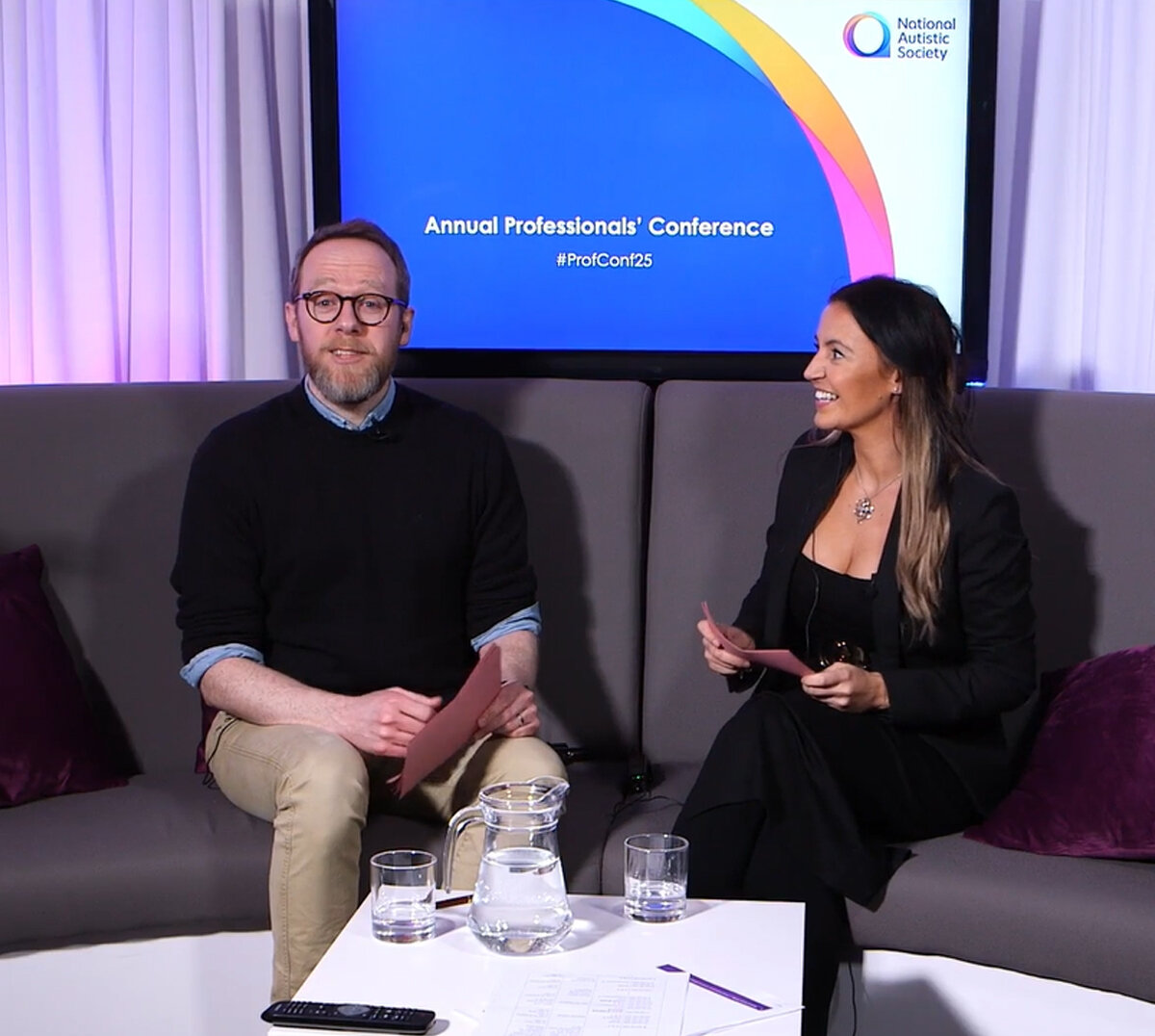
Sharing neuroaffirmative practice
Professionals’ Conference 2025 highlights
14/04/2025
Helen Wilson is a Copywriter at the National Autistic Society who works on our Stories from the Spectrum. She shares her highlights from the Professionals’ Conference 2025.
On 13 March 2025, our charity held its 14th Annual Professionals’ Conference. The theme was ‘exploring the principles of neuroaffirmative practice’, and the day was about exposing professionals to diverse perspectives and best practice within education, healthcare and work.
The neurodiversity movement and its principles have always felt like common sense to me, so I was interested to see how these principles are being translated into support practices, and there were so many things that resonated with me.
I have been to two of these conferences, and it continues to be a hugely valuable experience. I fully believe this conference can change the lives of professionals and the autistic people they work with.
"During the conference, it was wonderful to hear from so many professionals whose perspectives were enriched by their own lived experience."
For the welcome address, it was wonderful to hear from Carrie and David Grant, who are ambassadors for our charity and advocates for Special Educational Needs and Disabilities (SEND) reform in education. They spoke about how their neurodivergent children have sadly all been traumatised by their school experience, which, as Carrie said, should never happen. Yet, many autistic people and parents will identify with this experience due to the harsh realities of a broken SEND system.
One of the most refreshing things about the day was to hear the professionals speaking at the conference own up to the issues and share the ways they are openly trying to tackle them.
The first plenary session was a panel discussion and Q&A with Davida Hartman (Clinical Director of The Adult Autism Practice), Dr Holly E.A. Sutherland (Postdoctoral Research Associate with the University of Cambridge) and Holly Sprake-Hill (Specialist Occupational Therapist and parent).
With three neurodivergent speakers in the first session, it was clear right from the start there was a huge focus on autistic and neurodivergent speakers. During the conference, it was wonderful to hear from so many professionals whose perspectives were enriched by their own lived experience.
Recognising intersectionality within practice
The second plenary session was from Marsha Martin of Black SEN Mamas. She is a passionate autistic advocate with three autistic daughters, focused on highlighting a minority within a minority: Black and disabled.
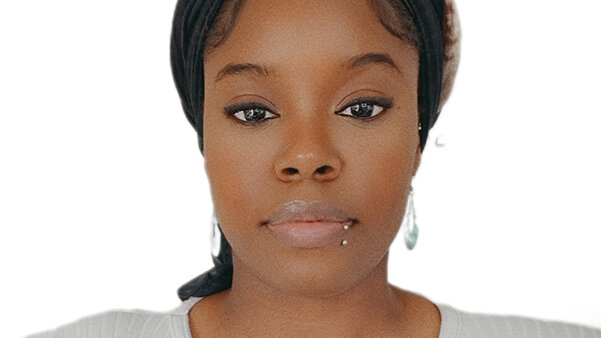
Marsha Martin, Black SEN Mamas
No matter how much progress has been made, Black voices and perspectives are still not heard nearly enough.
Martin’s honest and deeply saddening admission was that if society is not even listening to the majority, racial minorities will not be listened to. So people must lean on each other and work together.
Martin also spoke about how the media landscape of autistic experiences is still very stereotypical and centred around white men – she asked people to think about the harm this can cause.
This harm can be especially relevant when we know that Black children are more likely to be misdiagnosed and labelled with emotional or behavioural problems, receiving harsher judgment and discipline as a result.
One of Martin’s most striking points was the idea that masking may come easier to Black children, who already learn from a young age to hide aspects of their Blackness, culture and heritage to fit societal norms. The lack of culturally competent support means professionals frequently miss the fact that stims can be culturally influenced, like beatboxing or drumming a beat on the desk in class.
There is also a lot of taboo, shame and outdated beliefs about autism in minority communities. Not enough information reaches these communities, but it can make all the difference when it does.
One delegate recommended the book Autistic and Black by Kala Allen Omeiza, which I have added to my reading list and sounds like a vital recommendation for all professionals working alongside autistic people.
Listening to the non-speaking community
In the afternoon, the conference hosted multiple streams with different speakers sharing their expertise.
One of the speakers I was most excited to hear from was Tim Chan, a non-speaking autistic advocate with Complex Communication Needs (CCN).
He delivered a pre-recorded session using a speech-generating keyboard about his experiences growing up and misconceptions about CCN.
Chan shared that when he was a child, he thought in pictures and that “language was noise that floated into the room before disappearing.”
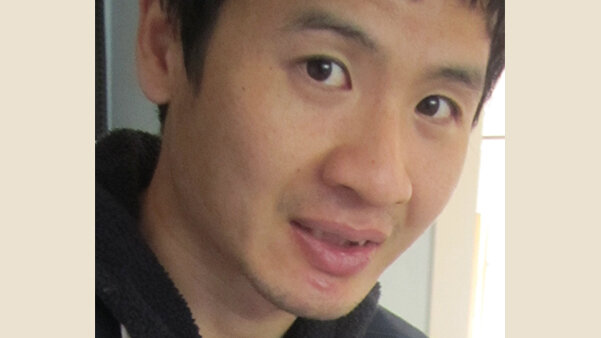
Tim Chan, non-speaking advocate
He explained how attempts at meaning-making often failed, and he only started to master language when he began a tailored programme that translated words into images.
At school, he was often overloaded and presumed to be incompetent because of his communication needs. He emphasised that a lack of speech does not mean a lack of understanding or ability to learn. He also shared that he developed clinical depression from the social isolation he experienced and was keen to challenge the myth that non-speakers are socially aloof.
Chan’s advice for optimising inclusive environments for autistic people with CCN was to always presume competence and prioritise safety through structure, predictability and respect. He stated that creating a safe environment helps restore and activate regulated states to reduce hypervigilance and stress responses that shut down social engagement systems and communication. His main strategies for managing overload were to decrease demands and use visuals.
Chan’s session provided vital insights to help support non-speaking autistic people and ensure that some of the most unfairly marginalised autistic people are heard by professionals and have an equal right to self-determination.
A shoutout to the allies
I attended many sessions that also spoke to allyship, two of which stood out for me.
One was from Lee Chambers, a late-diagnosed autistic man who co-founded Male Allies UK. The other was Professor Andrew McDonnell, a clinical psychologist involved in the Winterbourne Scandal Panorama documentary.
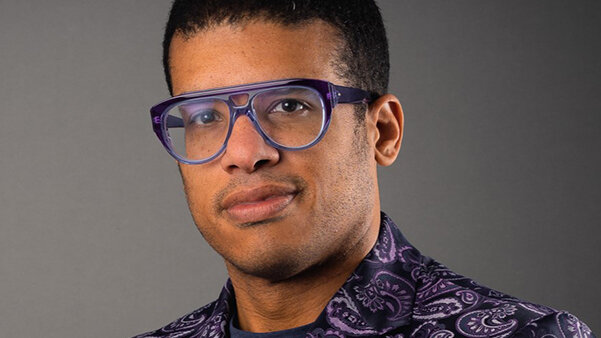
Lee Chambers, Male Allies UK
Chamber’s work centres around engaging more men in inclusion, as he found that he would see more women in the room than men – except within the neurodivergent community, interestingly.
He directly tackled the ‘What’s in it for me?’ mentality and shared that 97% of the men he’s worked with said that allyship made them a better human and leader. Notably, he said: "To make a difference in someone else’s life is never a comfortable experience, but discomfort is tomorrow’s growth."
Professor McDonnell is known for developing the Low Arousal Approach to managing distressed behaviours and is the CEO of Studio 3. His talk focused on de-escalation skills to prevent restraint and seclusion.
He was upfront that seclusion and restraint are always traumatising, so services cannot say they are ‘trauma-informed’ if they use these practices. Having been a director of NHS services in the past, he was keen to offer professionals practical advice to manage crises, including:
- role modelling being calm and reflective
- recognising panic and avoiding emotional contagion
- focusing more on the behaviour of supporters rather than the distressed person
- giving people choices, not boundaries.
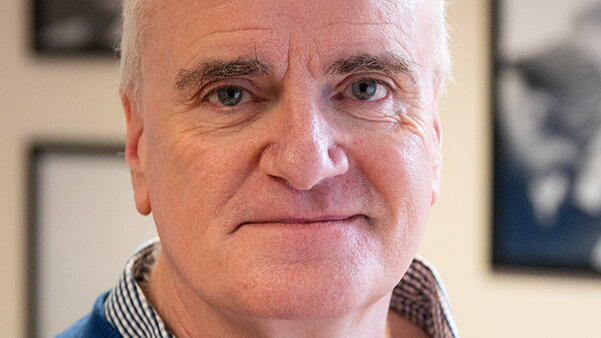
Professor Andrew McDonnell, Studio 3
McDonnell has written multiple books about his Low Arousal Approach and the benefits of a positive psychology framework within care. His message was that it’s about changing our behaviour and understanding that our stress also has an impact. If we regulate ourselves, it will help regulate others.
Even though the conference is over for another year, all the session recordings, plus some additional on-demand sessions, are available for three months afterwards. I will enjoy going back and watching all the other sessions, but it also takes the pressure off those who would find attending on the day a bit overwhelming.
To me, this conference isn’t just about sharing best practice, it’s about giving people hope and inspiration by hearing about all the work people are doing to support the autistic community and their loved ones. And with over 1,000 delegates attending, it’s positive to see more professionals heading in the right direction.






You are not alone
Join our community
Our online community is a place for autistic people and their families to meet like-minded people and share their experiences.
Join today